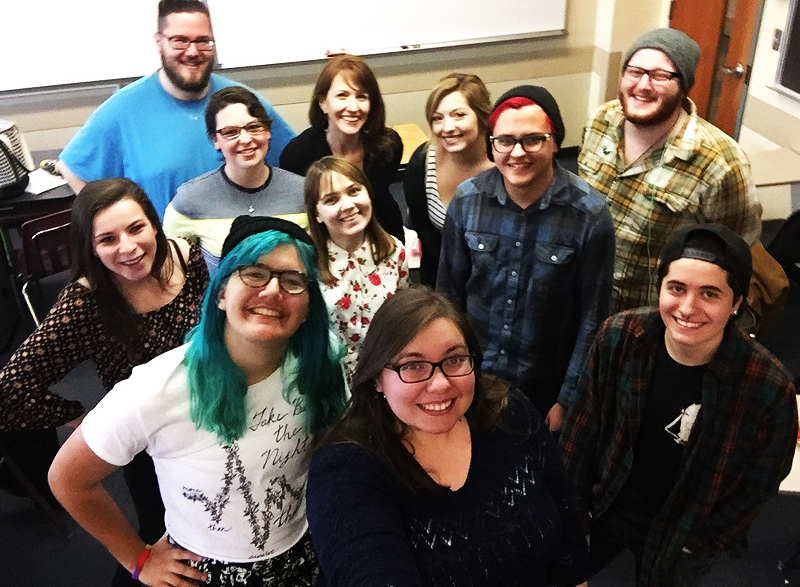About
I am an Associate Professor of History and Women’s, Gender, and Sexuality Studies at the State University of New York at New Paltz. I earned my B.A. in history and women’s studies at the University of Wisconsin-Madison and Ph.D. in history at the University of North Carolina at Chapel Hill. I teach and publish in the areas of Native American history, U.S. women’s history, and feminist pedagogy. Some of my recent work has appeared in Women’s History Review, Journal of Family History, and Atlantis: Critical Studies in Gender, Culture, & Social Justice.

Teaching Philosophy & Practices
The years between the completion of my doctorate and my hire at SUNY-New Paltz provided me with ample teaching experience. My efforts at these other institutions (Marist College, Ulster County Community College, Mount Saint Mary College, and Dutchess Community College) prepared me well for my work at SUNY-New Paltz. Many of the students I teach balance work and/or family responsibilities with their education and thus bring myriad talents and perspectives to the classroom. My role as an educator is to recognize these knowledges and then assist students in their transitions to greater analytical interpretations and academic skills. I endeavor to impart content, model close reading, demonstrate critical analysis, and assist with effective oral and written communication. At the same time, I remain educable and open to the myriad things my students have taught me.
In my courses, I try to create with my students a sense of community in the classroom and freedom to express their analyses. I do so by admitting when I do not know the answer to a question or if I have made a mistake; respectfully disagreeing with the author of a text (if indeed I do); and frequently repeating that students need not agree with my interpretation of an issue or event. The purpose of their educations is that they formulate their own understandings of the material we study. Presenting information to students through varied methods and allowing them to make sense of it in participatory ways encourages deep engagement with the course content and provides the space to develop analytical tools. I have found that creating the aforementioned sense of classroom community creates the foundation for a rich academic exchange.
